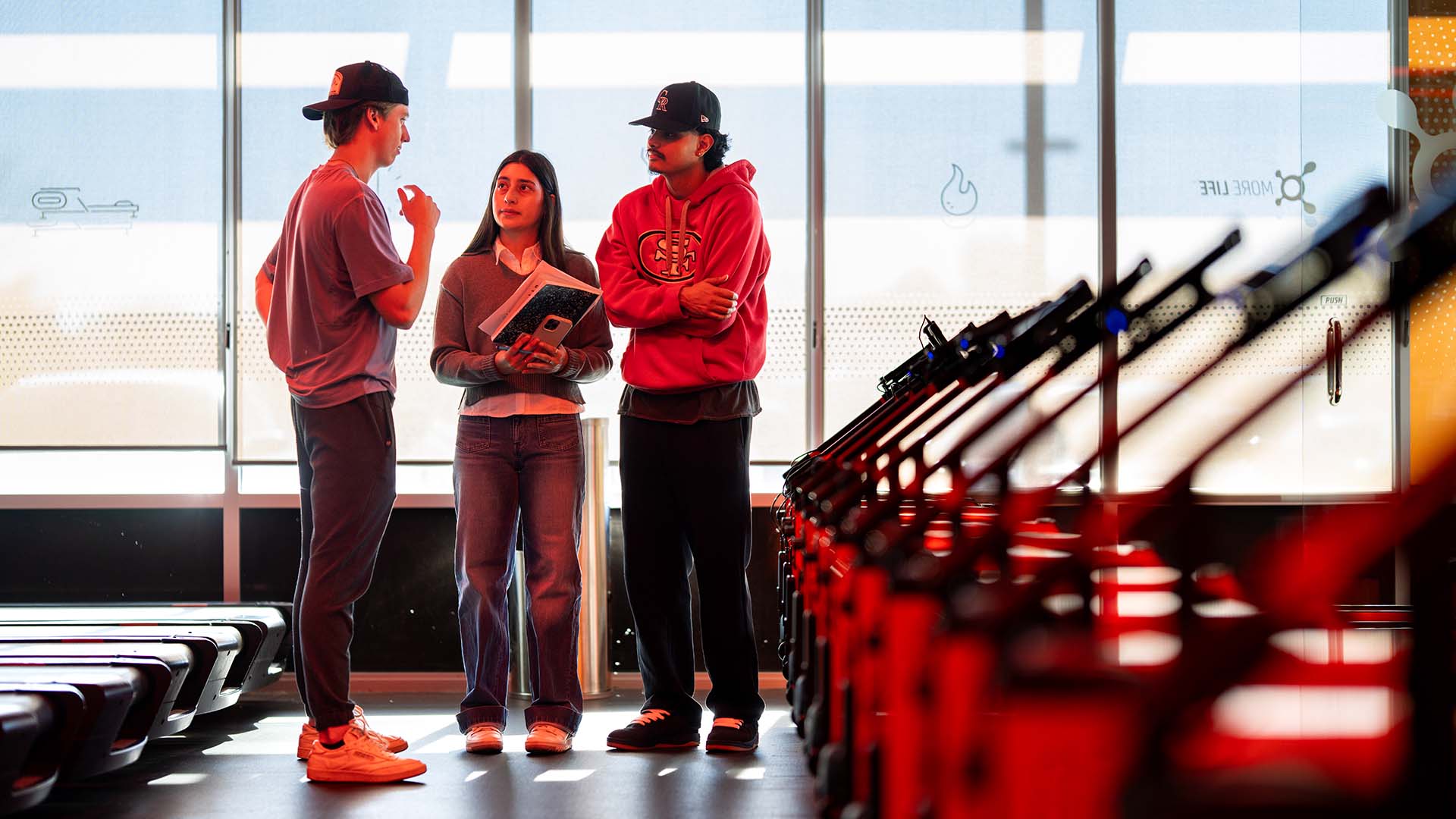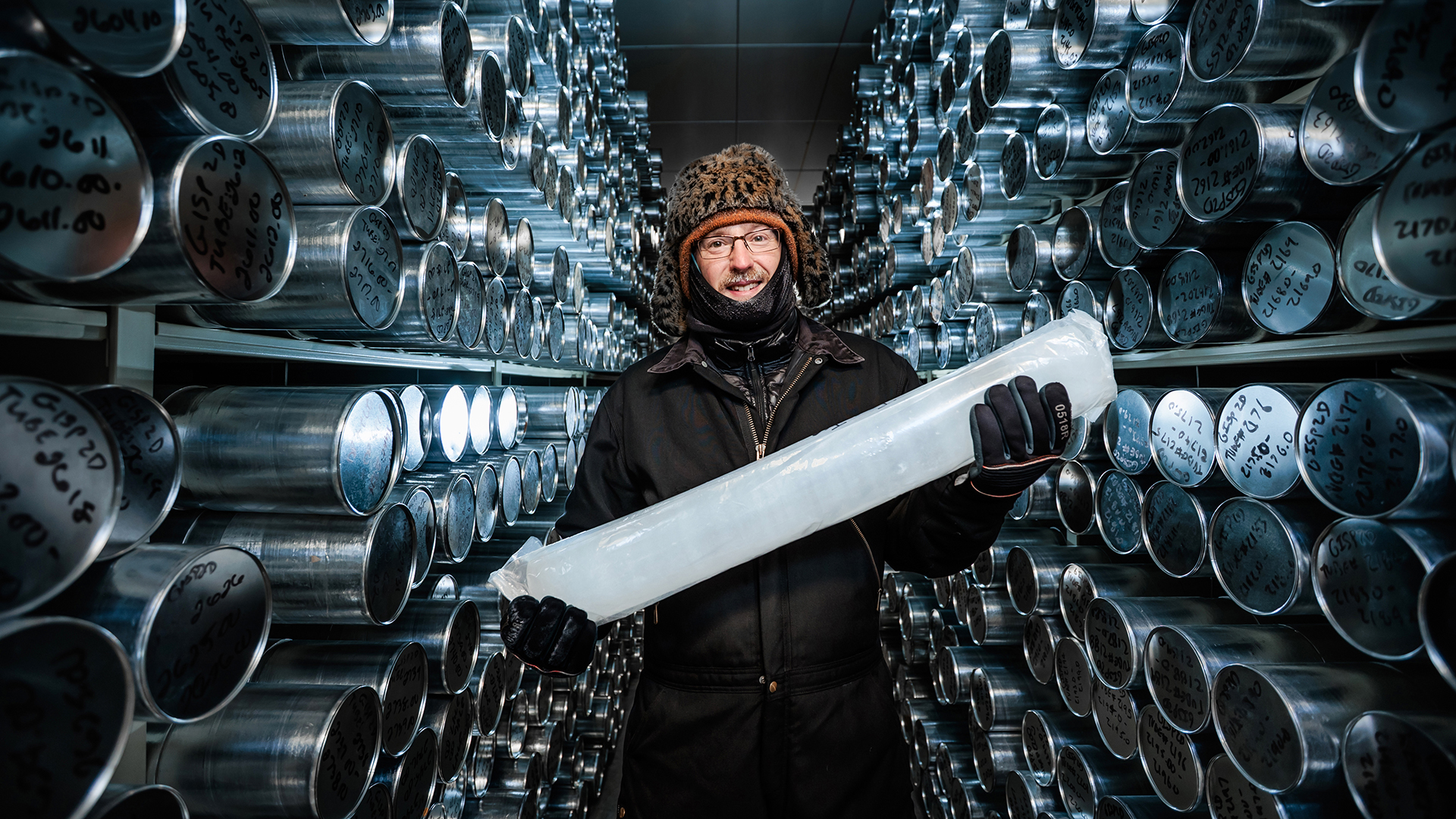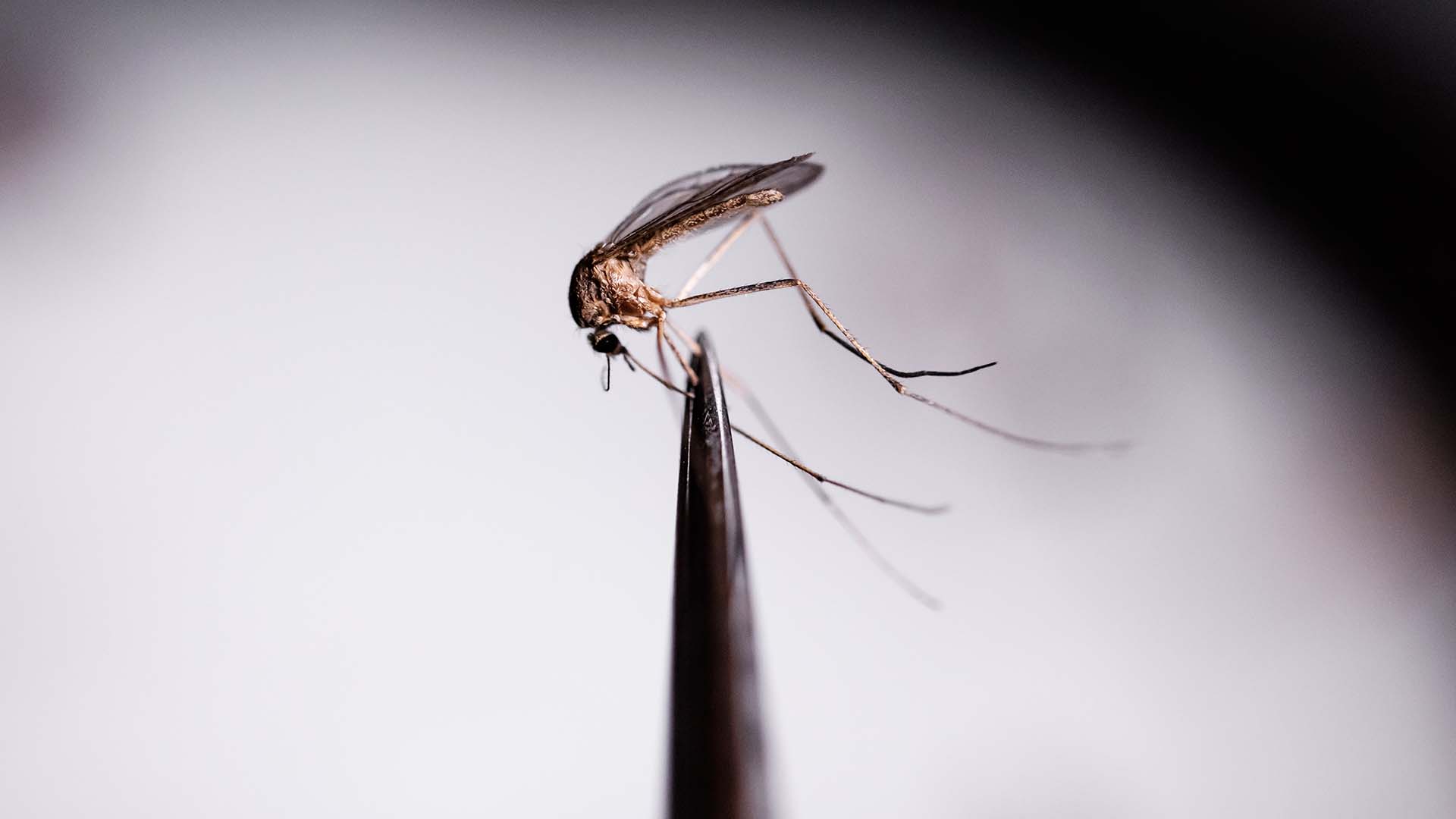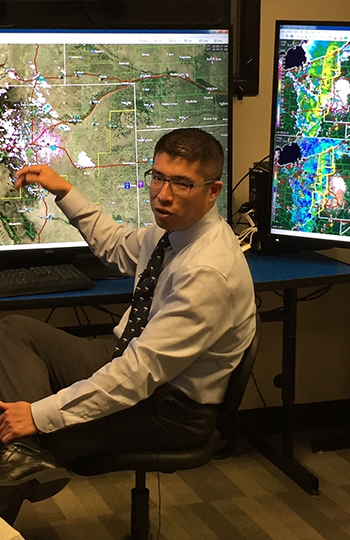The truth about summer in Denver
It’s very dry and surprisingly hot. Then it gets chilly. And nobody uses an umbrella. Let meteorologist Sam Ng explain ...
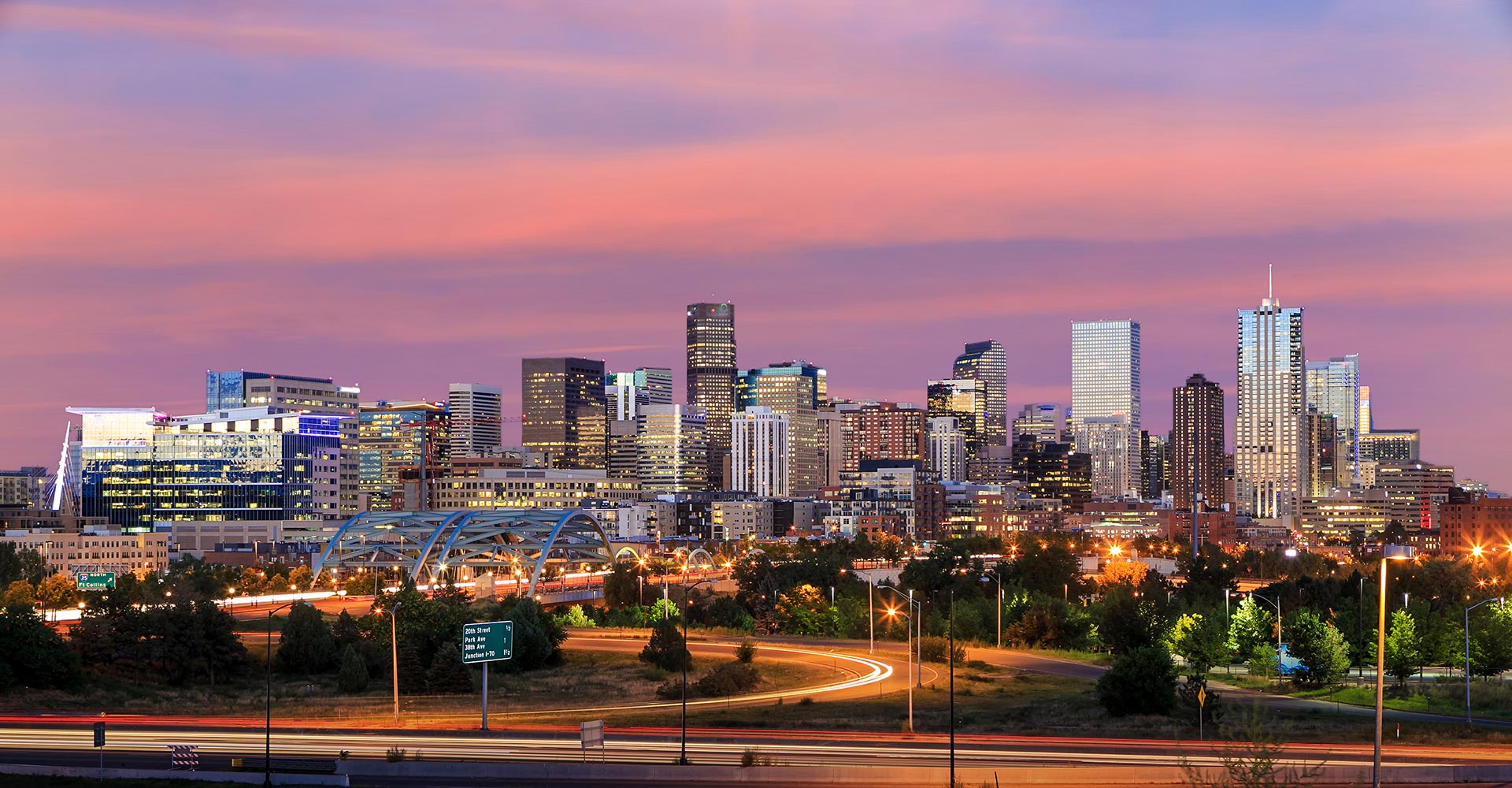
Editor’s note: For the latest information on summer weather in Denver, see the updated version of this story.
Spending time in the Mile High City this summer? Or perhaps you’re one of the millennials who rank Denver as the No. 1 spot for relocation? Sam Ng, Ph.D., a professor of meteorology at Metropolitan State University of Denver’s Department of Earth and Atmospheric Sciences, has some insider tips on what to expect.
It gets hot. Like, really hot.

Given that Colorado is synonymous with the snow-capped Rockies and skiing, it may be surprising to learn you can comfortably cook a fried breakfast on the hood of a Denver car throughout most of the summer. “People often don’t realize that the sun is a lot stronger at this elevation,” Ng says.
Each year, Denver averages 43 days with temperatures of 90 degrees or above, 16 days of 95-degree heat and even a couple of kettle-boiling 100-degree days, he says. And on more than a few occasions – most recently in June 2018 – the temperature has crept up to a sweltering 105 degrees.
You’ll be surprised by the dryness of the heat …
Technically, Denver is a semi-arid climate – which basically means it’s halfway to being a desert. As Ng puts it: “We’re not quite the Sahara, but there’s very little humidity and a lot of scorching weather.”
Certainly, in high summer, it can feel pretty desertlike. Dry skin, chapped lips and static-electricity shocks are facts of life. Lawn sprinklers work overtime, and wooden musical instruments can crack without special treatment. Many households, desperate for a little moisture, install whole-home humidifiers. But it’s a small price to pay for some truly outstanding weather, andDenverites have just become accustomed to lathering on skin lotion and drinking plenty of liquids to stay hydrated.
… but it helps you stay cool.

“One definite advantage of this kind of climate is that you will cool down in the shade relatively quickly,” Ng says. In fact, he explains, the lack of moisture in the air means you’ll probably feel cooler than you actually are, once out of the sun.
And if you’re exercising, there’s more good news. When you work up a sweat in dry, hot Colorado, it evaporates quickly – which allows the heat to be released and your body temperature to regulate itself. So you know that gross, post-workout sensation of feeling hot, sticky and drippy? Not such a problem here.
RELATED: 5 great ways to explore Colorado this weekend
Careful! You’ll sunburn easily.
Head up the steps to Denver’s state Capitol building, and a small brass medallion halfway up indicates you’re standing precisely at 5,280 feet – or 1 mile – above sea level. Think about that. On a blazing-hot day in Denver, you’re already missing out on a full mile of Earth’s densest protective atmosphere, allowing the sun’s powerful UV rays to do some real damage.
“Basically, there are less air molecules up here (to absorb) the sun’s energy,” Ng says. “So all that energy will be absorbed by whatever it hits – namely, our bodies.” And given that Colorado is such a mecca for outdoor pursuits such as cycling, running and hiking, that can be a health risk. So slap on the sunblock, drink plenty of liquids and find regular breaks in the shade.
It’s surprisingly chilly in the evening.

It’s a mistake every Denverite has made. Following a blistering-hot day, you set out for the evening wearing just a light top: Cue the goosebumps. Because even in the height of summer, this city can get significantly cooler in the evening – and there’s a good reason for that.
Ng explains: “In very humid places – such as Miami, say – the heavy moisture in the air performs two roles: It absorbs much of the sun’s incoming energy during the day, then acts as a blanket and traps it in the evening. So overall, the temperature fluctuation between day and night isn’t too great.”
In dry Denver, however, the lack of moisture means you get relentless sun beating down during the day, but then there’s nothing to stop all that heat radiating back out into space at night. Which is why you might find yourself sitting outside a restaurant in July, wearing a jacket.
Enjoying the weather? Thank the Rockies …
Denver’s dry, warm climate is dictated by its position relative to the Rocky Mountains. Head 240 miles west to Grand Junction, however, just on the other side of the Front Range, and it’s a different story. “Over there, the prevailing westerly winds sweep up the side of the Rockies like they’re a giant rollercoaster,” Ng says. “And that causes clouds to form, bringing plenty of rainfall.”
But since Denver is on the other, downward side of that great western wind rollercoaster, the opposite happens. “When the air particles come swooshing down the side of the mountains toward the city,” Ng says, “they cause the atmosphere to become warmer and dryer.”
RELATED: Colorado rocks!
P.S.: You probably won’t need your umbrella …
Denver doesn’t really do rain. The city averages a paltry 14.3 inches of precipitation a year. Compare that with the much soggier national average of 34.7 inches – or the 130.6 inches that falls in parts of Washington state.


